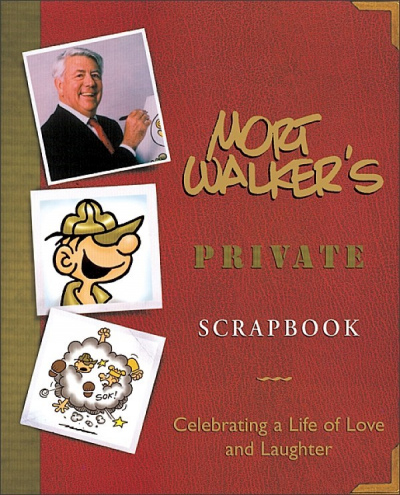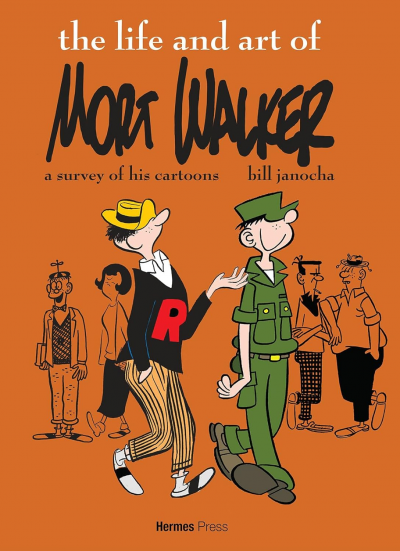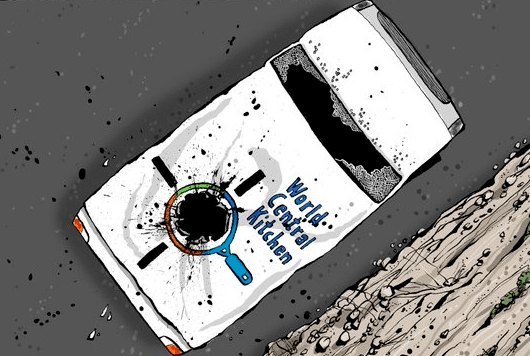Wayback Whensday – Doubling Down
Skip to commentsPeanuts and Beetle Bailey will be celebrating their 75th anniversaries next year, so here come the articles.
In the Private Scrapbook chapter dedicated to Beetle Bailey, Walker discussed how a comic strip that – for most of its history – focused exclusively on the misadventures of a U.S. Army private, could win over the hearts and minds of a “civilian audience.” According to Walker’s analysis, it didn’t matter whether the action took place at the Camp Swampy base, or wherever Beetle was deployed, the shenanigans Beetle and his buddies got into are universal. That is, they transcend the normal military-civilian divide.
A couple contributors to ScreenRant read Mort Walker’s Private Scrapbook: Celebrating a Life of Love and Laughter and came away with some thoughts.
Marcel Green saw how Beetle Bailey’s Creator Perfectly Explained Why Even Civilians Love the Comic.

Ambrose Tardive read that Beetle Bailey’s Creator Believed Beetle Represents America’s Attitude to Authority
Though it may not have felt like it on the surface, Mort Walker’s Beetle Bailey delivered American readers a daily dose of anti-authority humor for decades. From the formative years of the Cold War, through the Kennedy assassination, Vietnam, Watergate, and every other major event in American history since the mid-point of the 20th century, Beetle Bailey has encouraged readers to push back against authority, even if they often didn’t realize this was the comic’s message.
Coming soon(?) from Mort Walker assistant Bill Janocha is a new book: The Life and Art of Mort Walker


**********
The series featured the misadventures of a group of young kids, including a boy named Charlie Brown. The early strips were quite good, but Schulz was still new … and those early strips really were quite different from what people would later consider “peak” Peanuts. For instance, the personalities of the characters were a bit all over the place, because the cast was different, so, say, Charlie Brown didn’t develop his classic personality tropes just yet. Another interesting thing is that Snoopy wasn’t Charlie Brown’s dog in those early strips!
Brian Cronin at CBR asks and answers the question When did Snoopy become Charlie Brown’s dog?


Back to ScreenRant where Angela Davis says Peanuts’ Football Gag Was Never Meant to Star Lucy
The football gag starring Charlie Brown and Lucy has undoubtedly become the most well-known joke in Peanuts history. While the punchline is always the same, this long-running gag has become iconic for comic fans because of its timeless delivery and punchline. However, something fans don’t know about this timeless joke is that Lucy was never meant to be the original star of it. She actually stole the gag from another Peanuts kid, taking away their chance to be the star of the most iconic joke in comics.


Comments 3
Comments are closed.